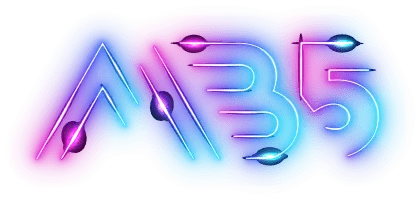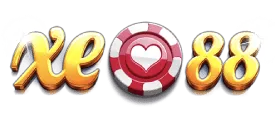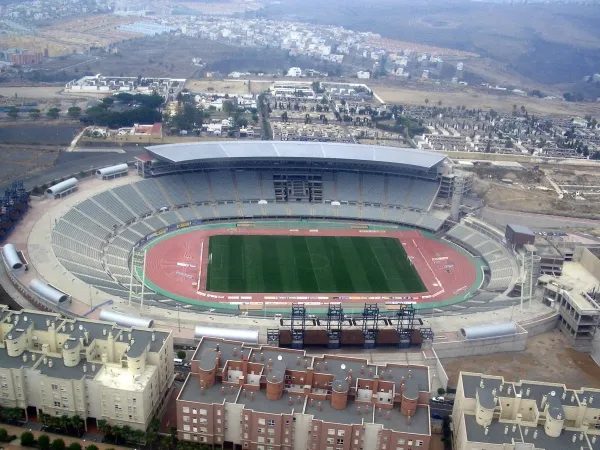Following Las Palmas returned to La Liga towards the end of the 1963-64 season still champions The club then continued to enjoy their best run in the tournament. Led by Vicente Dauder, they finished third in 1967-68 , behind Real Madrid and FC Barcelona Four players from the club were part of the Spain squad that hosted and took home the UEFA Euro 1964 tournament; The following year, the team did better, and they only losing this league Real Madrid, and thus was able to participate in European tournament as the only time it has been in their history. They were part of 1969 and 1970 in the Inter-Cities Fairs Cup and being eliminated in the first round against Germany's Hertha BSC (0-0 home draw, 0-1 loss away).
Las Palmas player Juan Guedes passed away suddenly on March 9 1971, aged 28 years old. The following year, French coach Pierre Sinibaldi took the team to fifth spot, which was followed by qualifying for qualifying for the UEFA Cup: after disposing of Torino F.C. in addition to SK Slovan Bratislava, the Spaniards fell in the direction of Dutch team FC Twente; at the close of 1974-75, another member, Tonono - a defender who played alongside Guedes was stricken by an infection in the liver.
Las Palmas' third appearance in European competition was during their appearance in the 1977-1978 UEFA Cup, where they defeated FK Sloboda Tuzla of Yugoslavia in the first round, but losing to English team Ipswich Town. Under the leadership under the direction of Miguel Munoz, and with players like Argentines Miguel Angel Brindisi, Daniel Carnevali (the first to arrive in 1973), Carlos Morete and Quique Wolff, the team was also able to reach their first final in the Copa del Rey in that year. They lost 19 April against Barcelona in Barcelona's Santiago Bernabeu Stadium (1-3).
From the 90s onwards, Las Palmas played mainly in the Segunda Division, but also was a part of Segunda Division B - the new third-tier league that was established in 1977. Then from 2000 until 2002, played in the top division. On the 3rd of October, 2001, Las Palmas won an impressive 4-2 win at home in a match against Real Madrid, with youth player Ruben Castro scoring two goals in the win for hosts however the season ended with the team being relegated. On the 22nd of December, 2001 Las Palmas played its 1,000th match at La Liga. For the season 2009-10, in the Segunda Division the club finished 17th, a step away from becoming banished into Segunda Division B. On June 21, 2015. Las Palmas was promoted into La Liga after defeating Real Zaragoza using the rule of away goals.



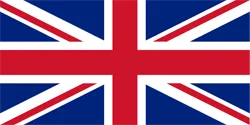 ENG
ENG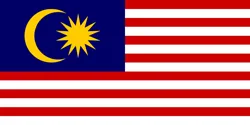 MYS
MYS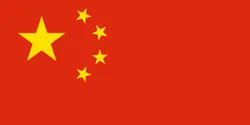 简体中文
简体中文